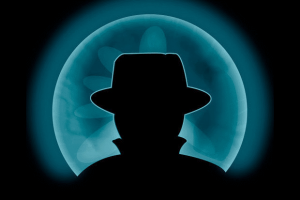 Black hat hackers are stepping up their game and acting like legitimate businesses in order to make their attacks more effective.
Black hat hackers are stepping up their game and acting like legitimate businesses in order to make their attacks more effective.
Malware strains like Locky and Cerber contributed to making ransomware a $25 million industry in 2016. As a result, black hat operators have decided to provide "customer service" to their victims.
When a business is attacked, the attacker gives ultimatums in order for the attack to be removed. More often than not, bitcoin is demanded as payment by the attacker.
Do you know how to buy cryptocurrency?
But who knows how to buy bitcoin? What is the exchange rate? Where do I buy some? These are all questions which are answered by the "customer service" team. Ransomware operators provide their victims with advice on how to pay the ransom.
"It's become a well-oiled machine," said Elie Burzstein, Google's anti-abuse research team lead. "It operates like a real company, that shows how mainstream it's become and how much it's here to stay."
It seems that cybercriminals are even hiring graphic designers to improve the design of their websites in order to make it more visually appealing to victims.
HBO have recently been attacked by hackers who released a swathe of information and content to the internet. Most prominently, Game Of Thrones episodes have been leaked but also personal information about actors and scripts have also been released. And demands have been made but HBO have not given in - yet.
Cybercrime is a multi-million dollar industry. The two malware strains I mentioned earlier - Locky and Cerber - made $7.8 million and $6.9 million dollars respectively in 2016. That's big dollars so it doesn't look like cybercrime is going away unless something BIG happens to minimise these earnings for black hat operators.
